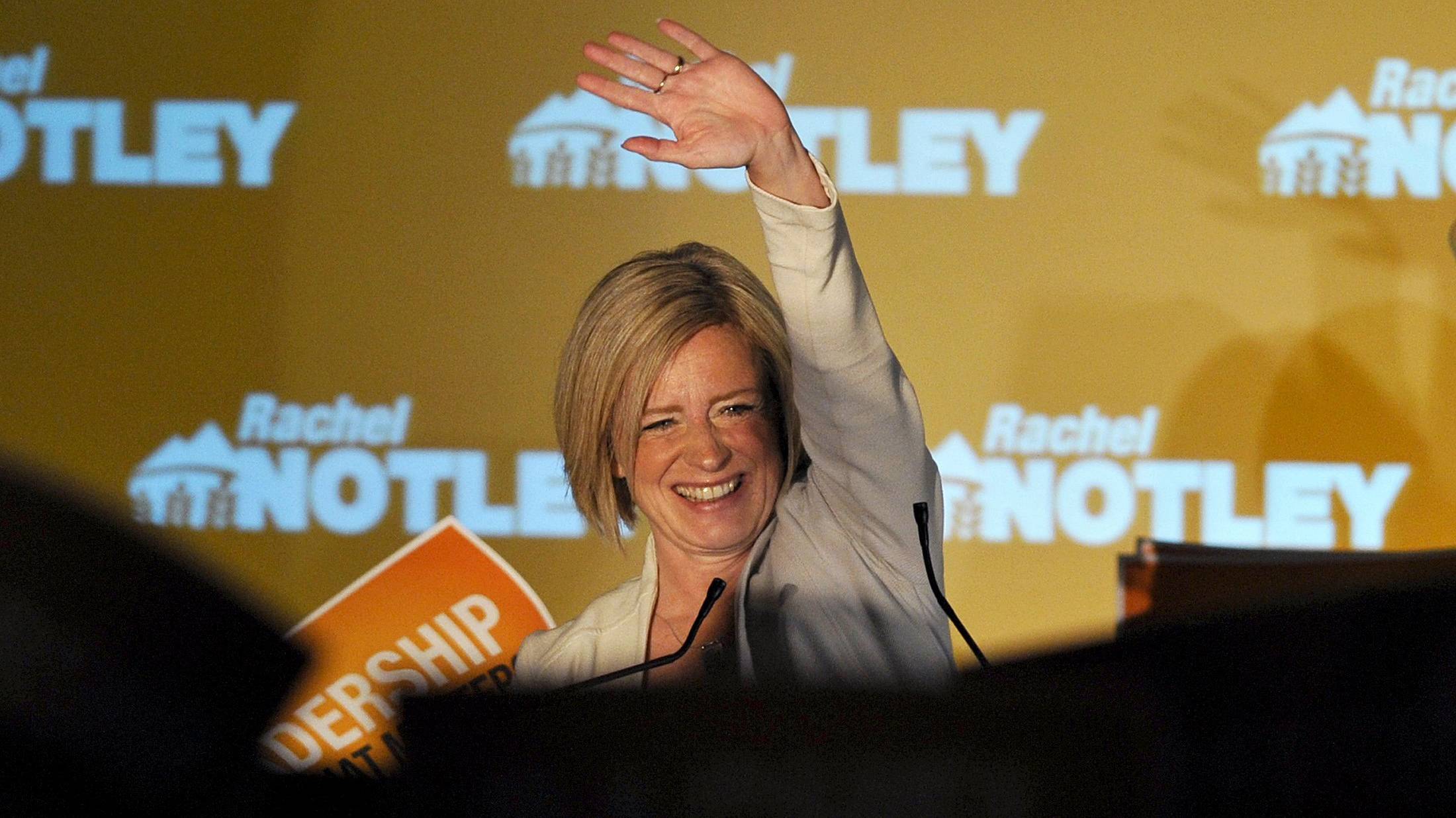Royalty review
Those two words send energy investors and executives into a tizzy. Alberta’s premier-designate, the NDP’s Rachel Notley, has promised to examine Alberta’s oil-and-gas royalty structure, but has provided no details. Energy proponents fear change and assume she will siphon off their profits by raising the government’s take of oil-and-gas revenue.
The Tories set a precedent for this when premier Ed Stelmach raised royalty rates (only to reverse the plan years later). Companies took a financial hit, but other events factored into their pain: natural gas prices were crumbling and the boom in unconventional oil-and-gas production was just taking shape.
Ms. Notley’s policy review will happen as the energy industry copes with low commodity prices, but she has the benefit of hindsight. The terrified may be justified given Ms. Notley campaigned on the pledge to take another look at the payment structure, and the NDP, if it tinkers with the system, is more likely to raise royalties than drop them.
Pipelines
Ms. Notley did not say she opposed pipelines. She said she would not be a cheerleader for private pipeline projects.
While this is a dramatic shift in Alberta, it may not be detrimental. Alberta’s politicians have lobbied hard at home and abroad for pipelines with scant success. Calgary oil-and-gas types openly admit Enbridge Inc.’s Northern Gateway pipeline to Kitimat, B.C., is likely dead. Politicians lobbying for TransCanada Corp.’s Keystone XL line to the U.S. Gulf Coast have failed to win over U.S. legislators. Even the political push for an oil pipeline to Canada’s east coast has proven rocky.
However, Ms. Notley’s reservations about promoting these projects make energy proponents worry she might shy away from supporting the energy industry as a whole.

Corporate taxes
The premier-designate is unclear on pipelines and royalties, but she left no room for interpretation on her plan for corporate taxes. They are going up to 12 per cent from 10 per cent, assuming she sticks to her campaign promise.
Alberta has long patted itself on the back for having Canada’s lowest general corporate-tax rate, arguing it stokes business and creates jobs. Ms. Notley’s plan will put Alberta in a tie with Saskatchewan, its oil-rich rival. British Columbia, where vast amounts of natural gas have been identified, comes in at 11 per cent.

Fear factor
Ms. Notley is trying to reassure Alberta’s energy industry she will not squash the province’s main source of wealth, jobs, and, for some, pride. Oil-and-gas executives and investors will be antsy until the NDP leader definitely announces her plans for royalties, her pipeline strategy, and her environmental policies. Detractors may be upset, but at least they will have answers.
“You can certainly adjust and live with a new government or a government that may be more liberal or conservative than the one before, as long as you see a reasonable stability in the underlying issues that they affect,” said Robert Mark, director of research at MacDougall, MacDougall & MacTier in Toronto.
With a report from Jeff Lewis